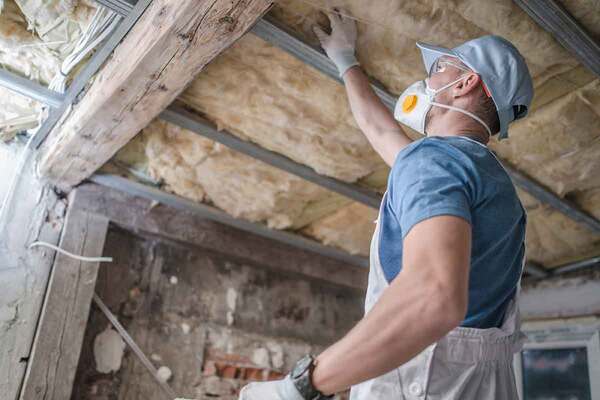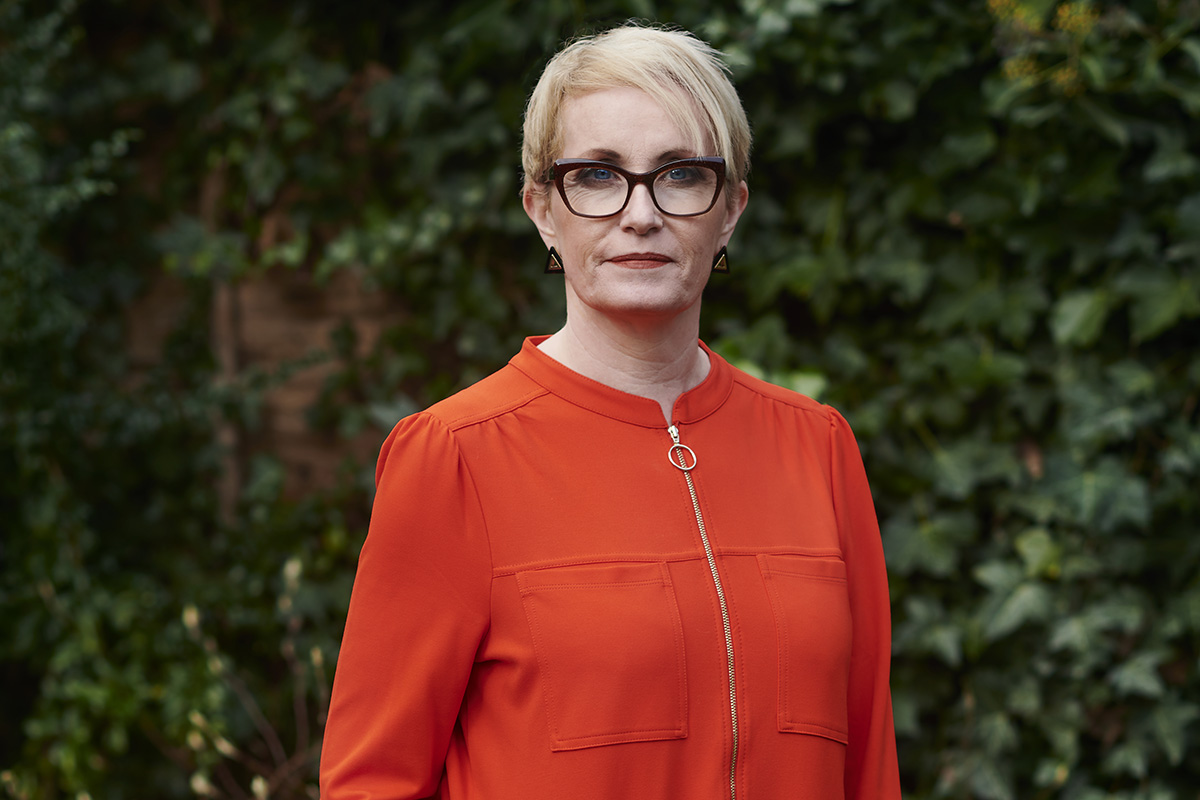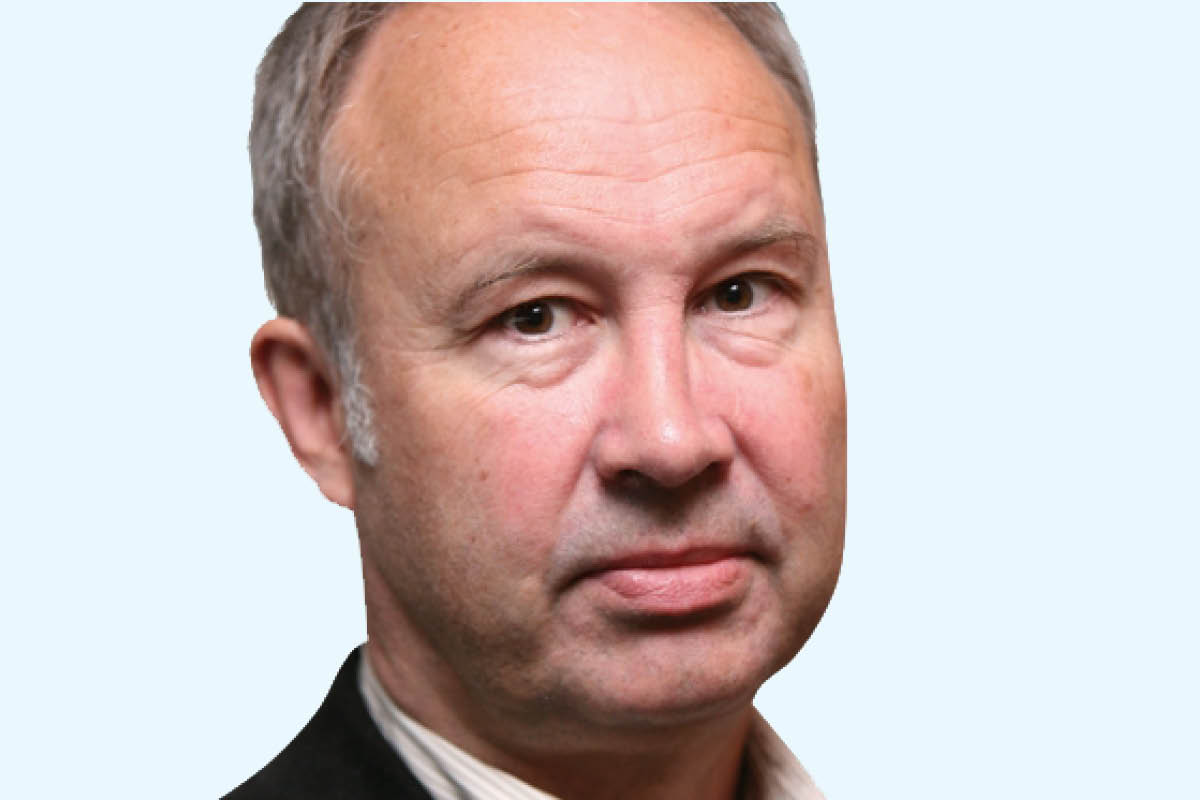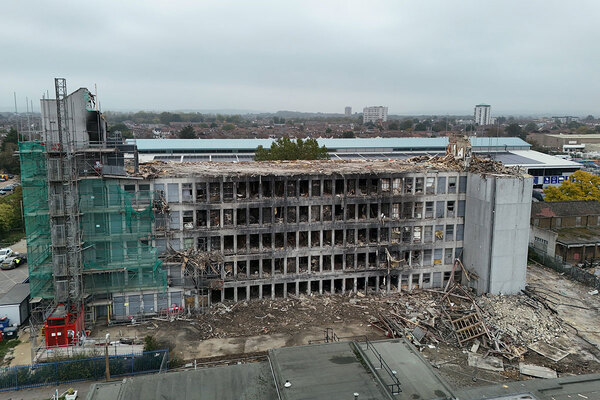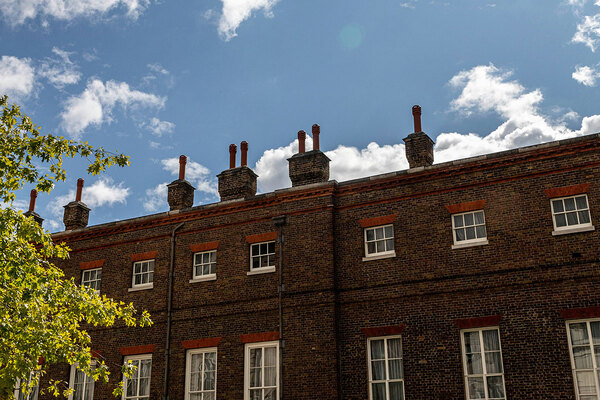You are viewing 1 of your 1 free articles
G15 landlords have ‘substantially worsening’ debt metrics, analyst warns
London’s largest housing associations have seen a “generalised deterioration” in financial performance that has seen their debt metrics “worsen substantially”, a credit analyst has warned.
In a report issued this morning, financial services firm Morningstar published a report on the 12 housing associations that form the G15 group, warning that “close monitoring of financial leverage is a key priority going forward”.
In response, Geeta Nanda, chair of the G15, said the organisations “remain strong” but “capacity is certainly under pressure”.
“There must be government recognition of the challenges we and other social landlords face,” she said.
The Morningstar report said the associations had seen “their debt metrics worsen substantially since 2019, partly due to a declining operating performance, but also because of their large debt-funded investment programs”.
It said they “face common challenges and have seen a mostly generalised deterioration in their financial performance over the last years, especially for top performers”.
It said despite being able to raise rents since 2020, they have seen costs “grow more rapidly due to higher spending on repairs and maintenance”.
It said the consolidated earnings margin of the group fell to a “still satisfactory” 28.5% last financial year – down almost five percentage points on 2019.
“While the investment needs related to both new and existing housing stock, including fulfilling decarbonisation commitments and meeting building safety standards, are significant, we believe monitoring financial leverage is a key priority for the G15 members to avoid a sharp deterioration of their credit quality,” the report said.
Housing associations have seen a sharp rise in the cost of stock investment across the board.
The most recent Global Accounts for the sector revealed that expenditure on repairs and maintenance had hit record levels, while operating margins reduced to 19%, the lowest figure in more than a decade.
This has been due to soaring inflation of both labour and materials costs, catch-up work for jobs delayed by the pandemic and an increased focus on repairs driven by media scandals and political pressure.
At the same time, the G15 group, which collectively owns almost 675,000 social homes, needs to invest an estimated £4bn in building safety and begin the huge investment required to decarbonise their stock.
They are also committed to large development programmes, funded by historically low levels of government grant. A softening housing market has limited their ability to cross-subsidise through profits from open market sale.
Ms Nanda, also chief executive of MTVH, said: “As this analysis shows, G15 members are carefully managing their operations to meet both residents’ priorities and to address wider challenges facing social housing providers. As the strong governance and viability ratings of the regulator indicate, members are working in a sustainable manner despite challenges.
“Increasing investment in repairs and maintenance, alongside tacking building safety issues, are absolute priorities. Over the last year, high inflation has increased costs for this work, but underlying inflation is expected to fall throughout 2023, which is welcome news.
“Housing associations built almost one in four homes across the country over the last five years. Continuing to build much-needed social housing is crucial. However, the pressure on the delivery model for new homes is rising.
“This has not been helped by the economic disruption of the last six months, and policy decisions such as the cap on rental income further impact the long-term investment capacity of the sector.
“This makes it all the more pressing for the government to provide more certainty through a long-term rent settlement, which includes reintroducing the rent convergence mechanism, the absence of which reduces G15 members’ investable income by around £67m every year.
“Whilst we remain strong and stable organisations, our capacity is certainly under pressure. To do more to improve the conditions of the homes we provide, and continue to build the homes the country needs, there must be government recognition of the challenges we and other social landlords face.”
Sign up for our development and finance newsletter
Already have an account? Click here to manage your newsletters

